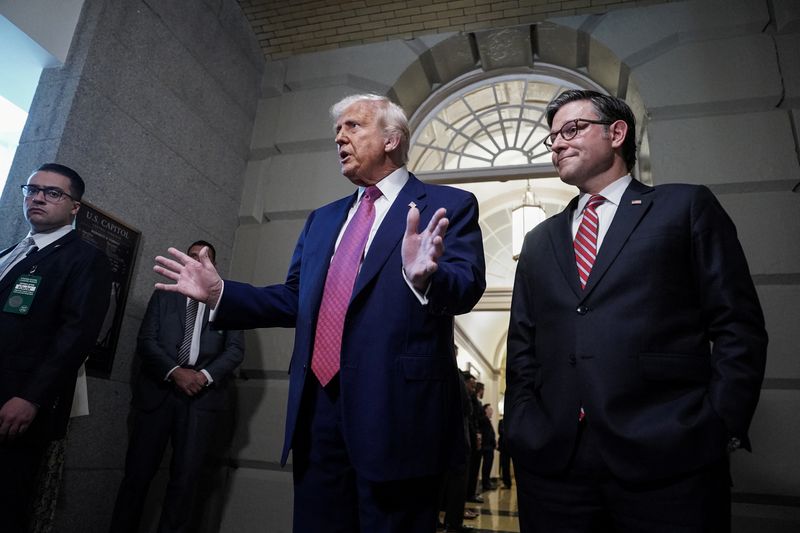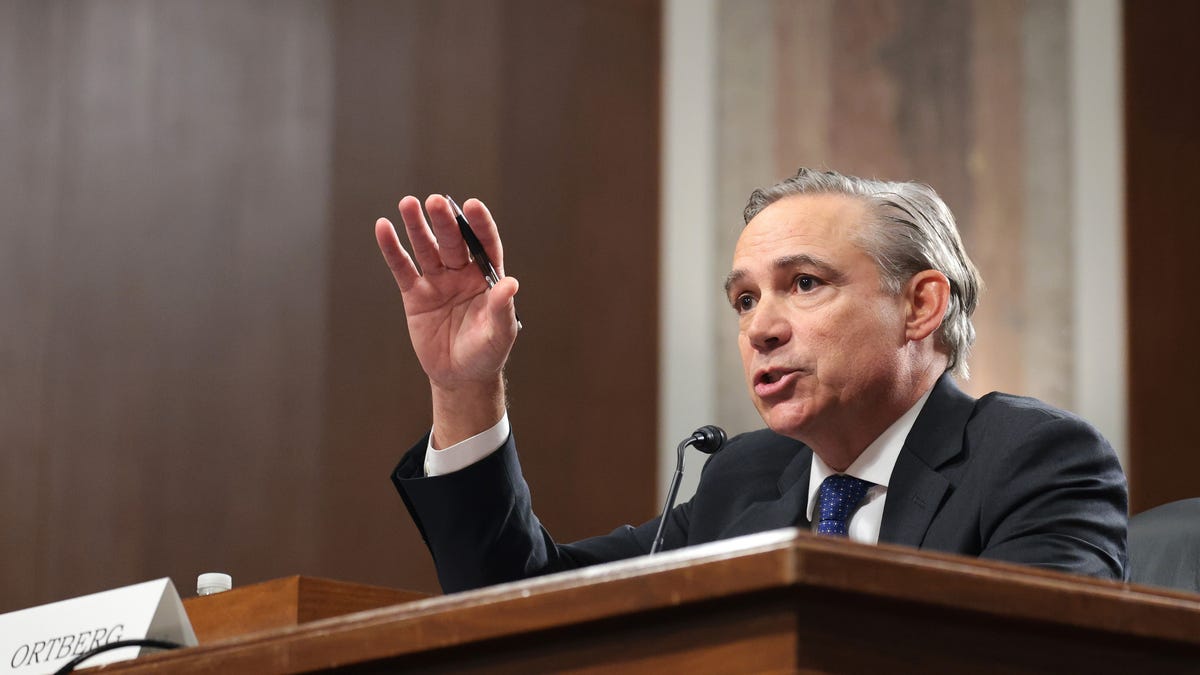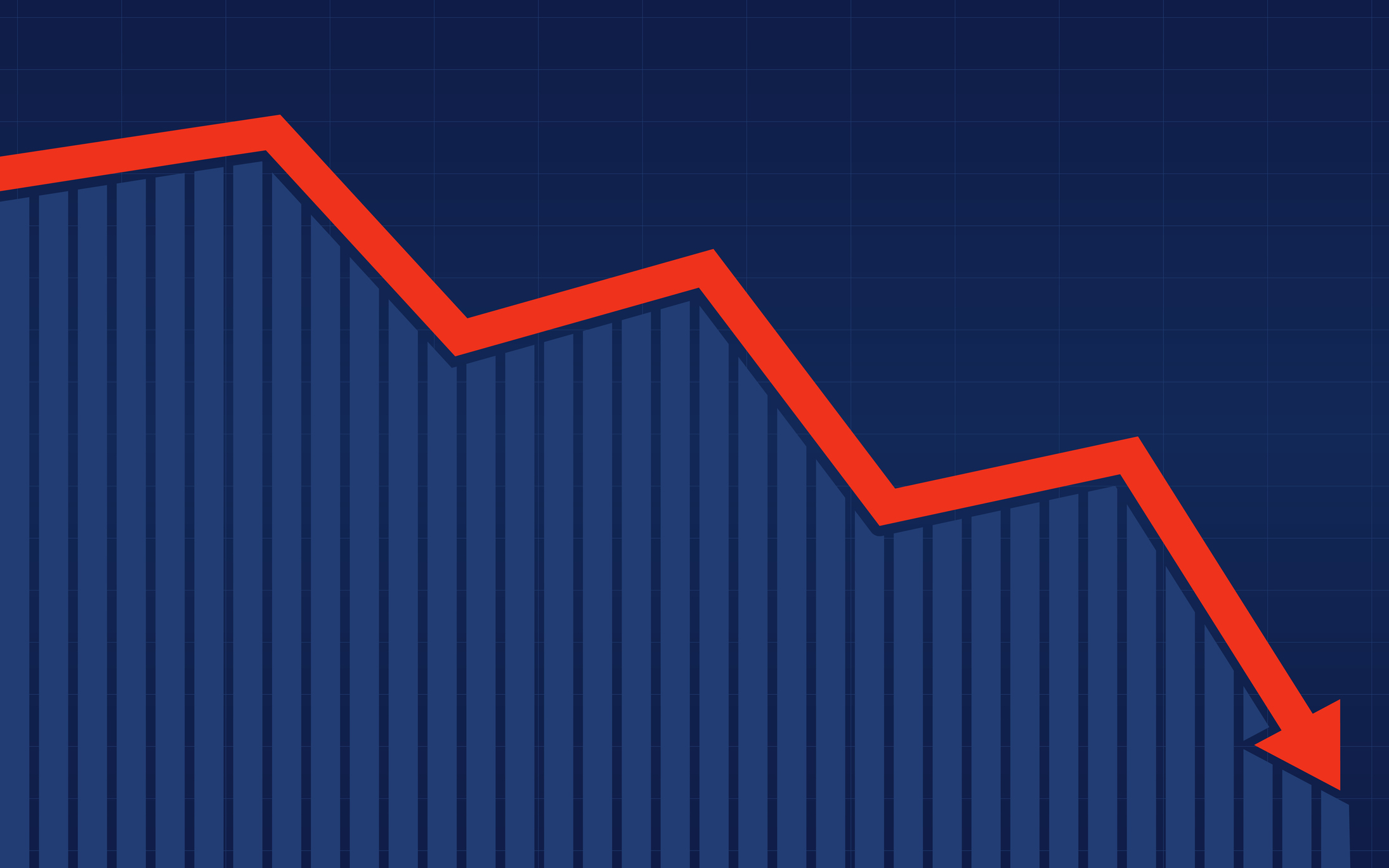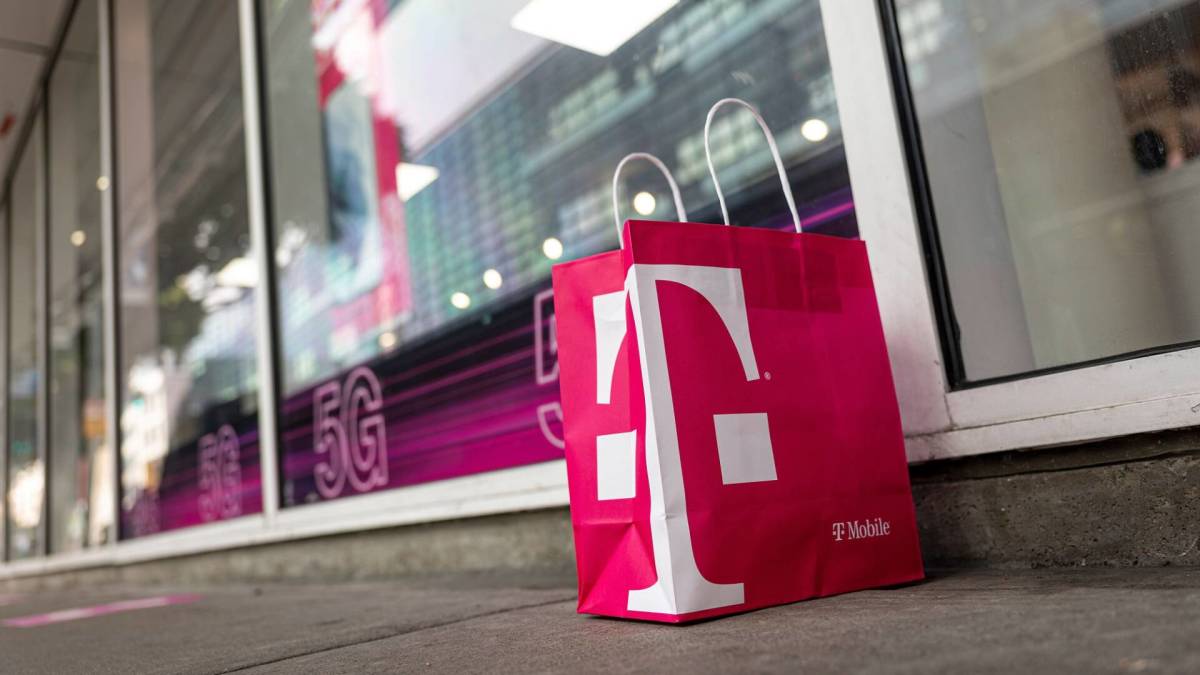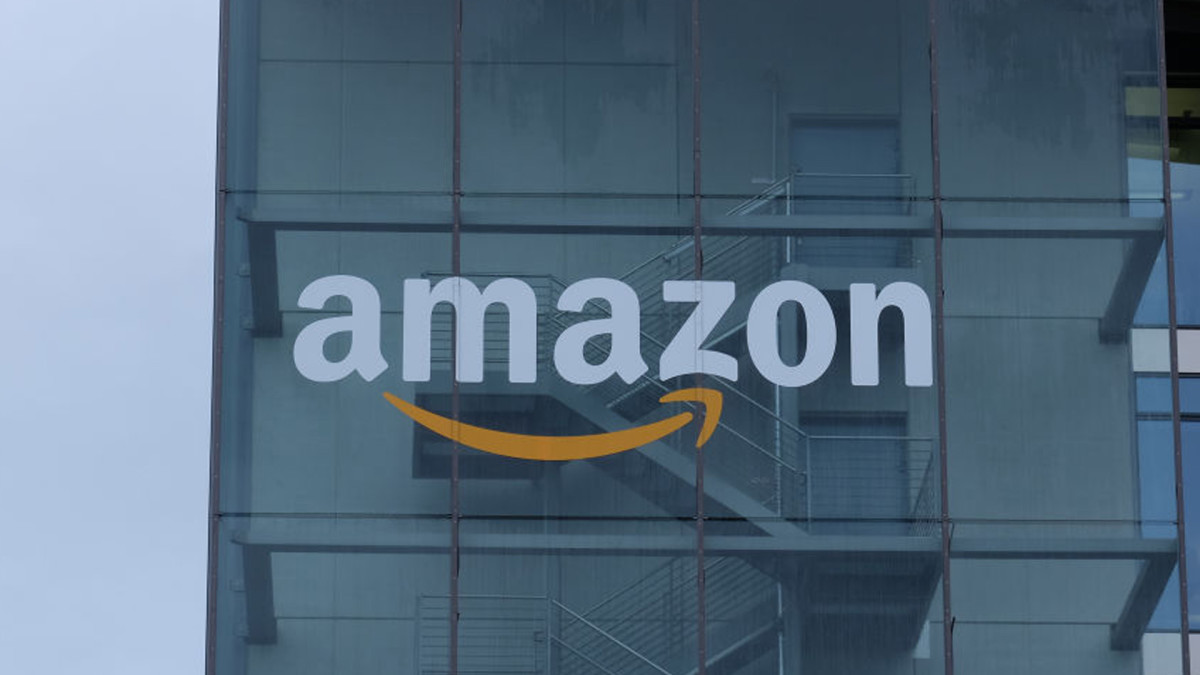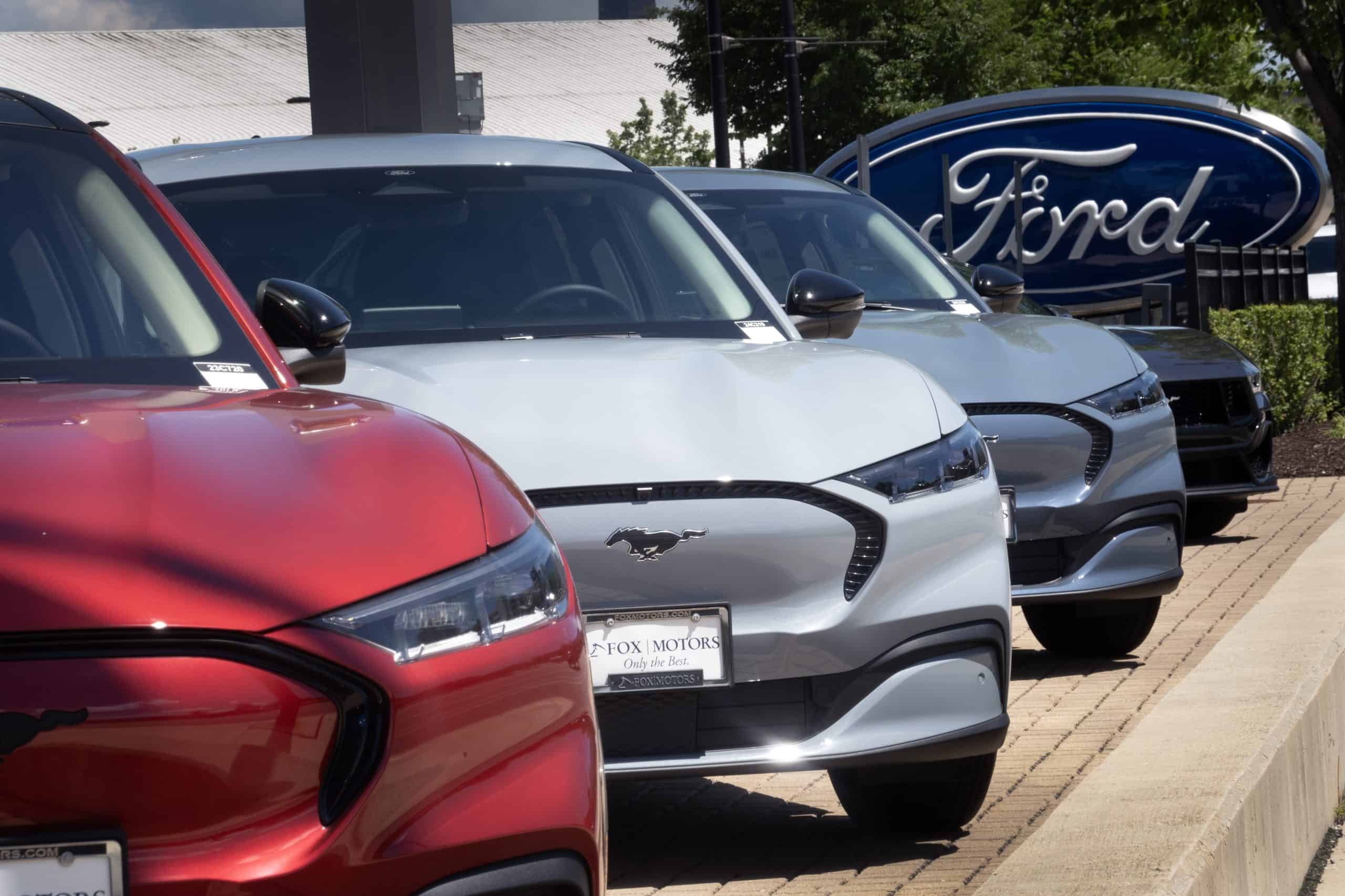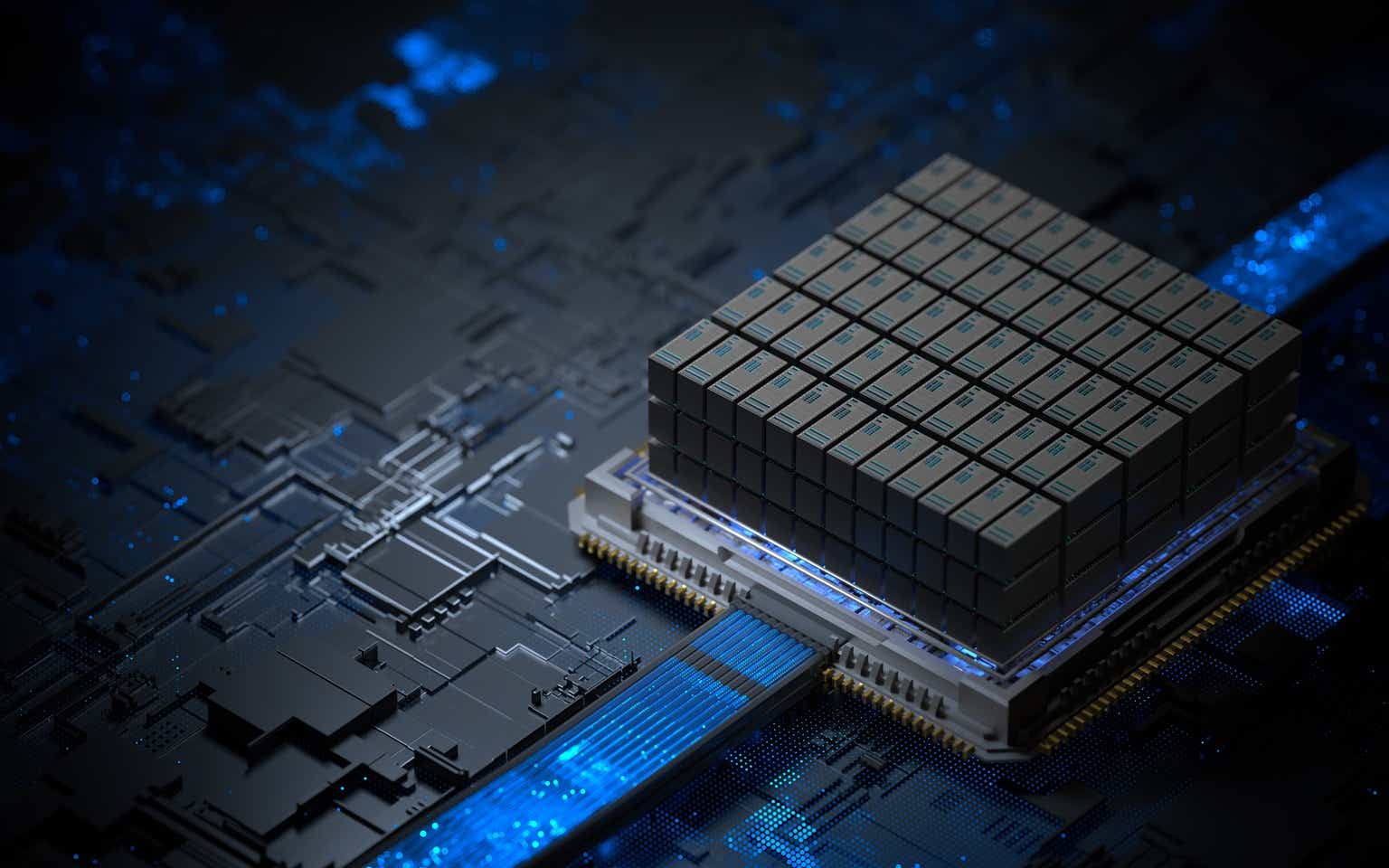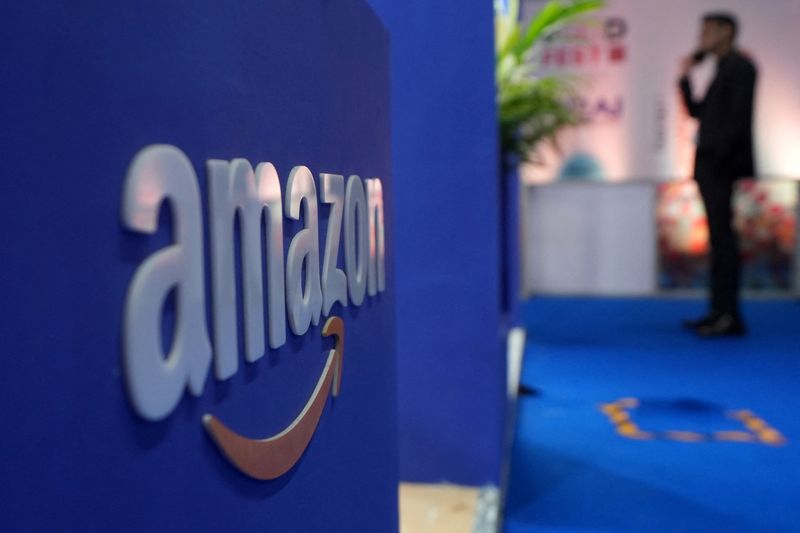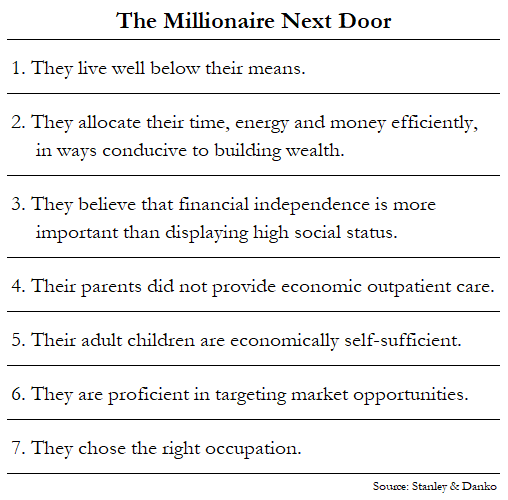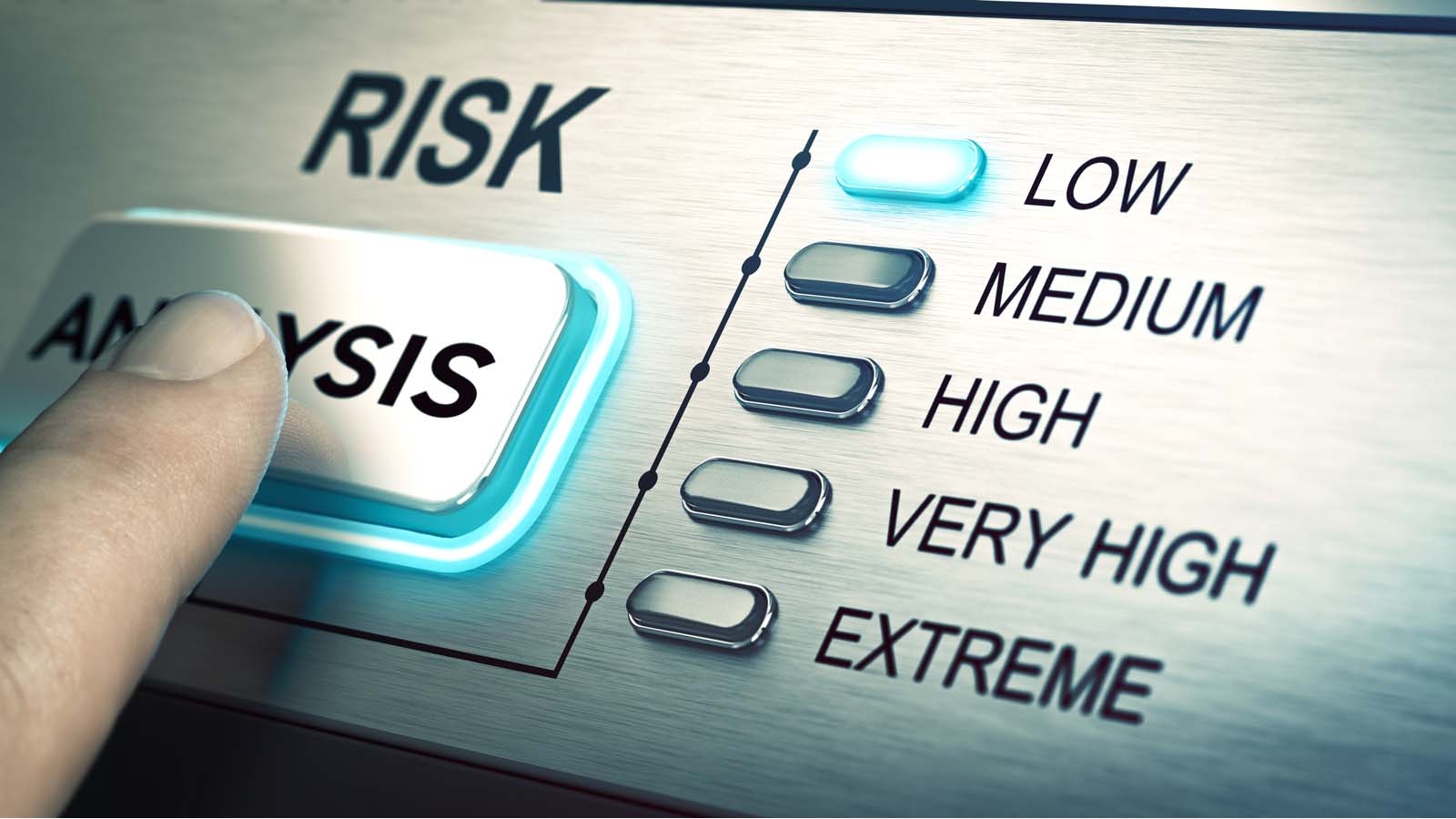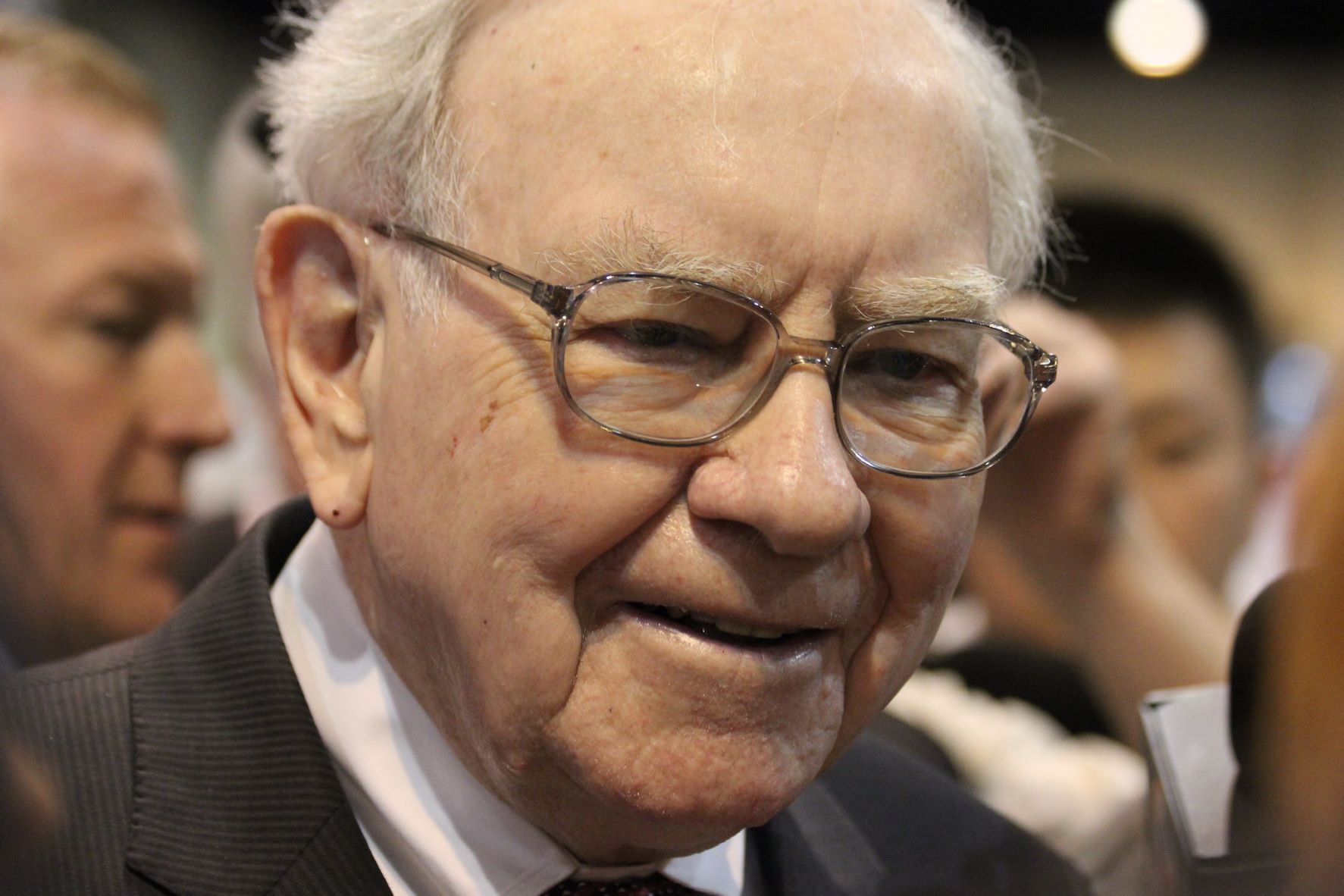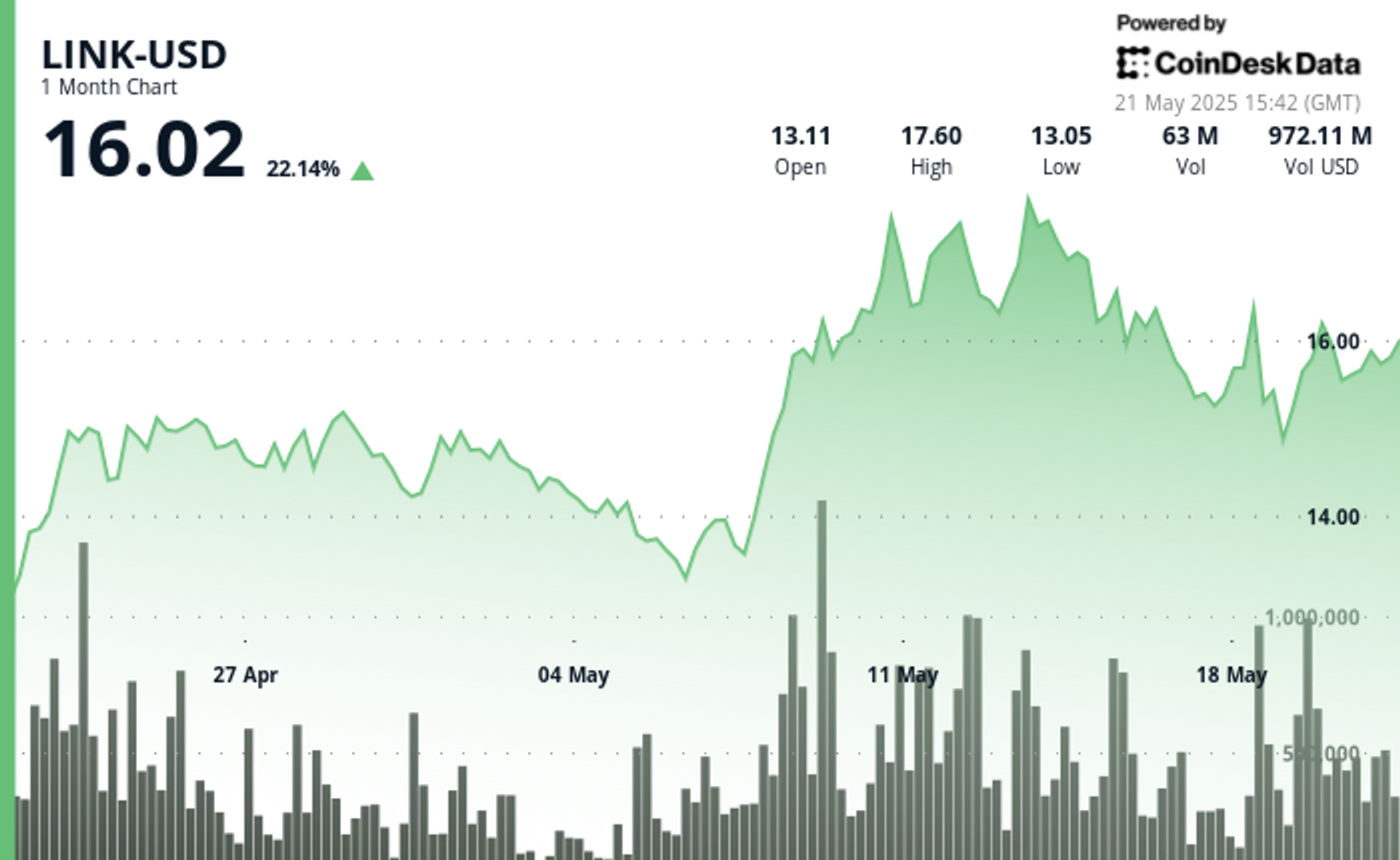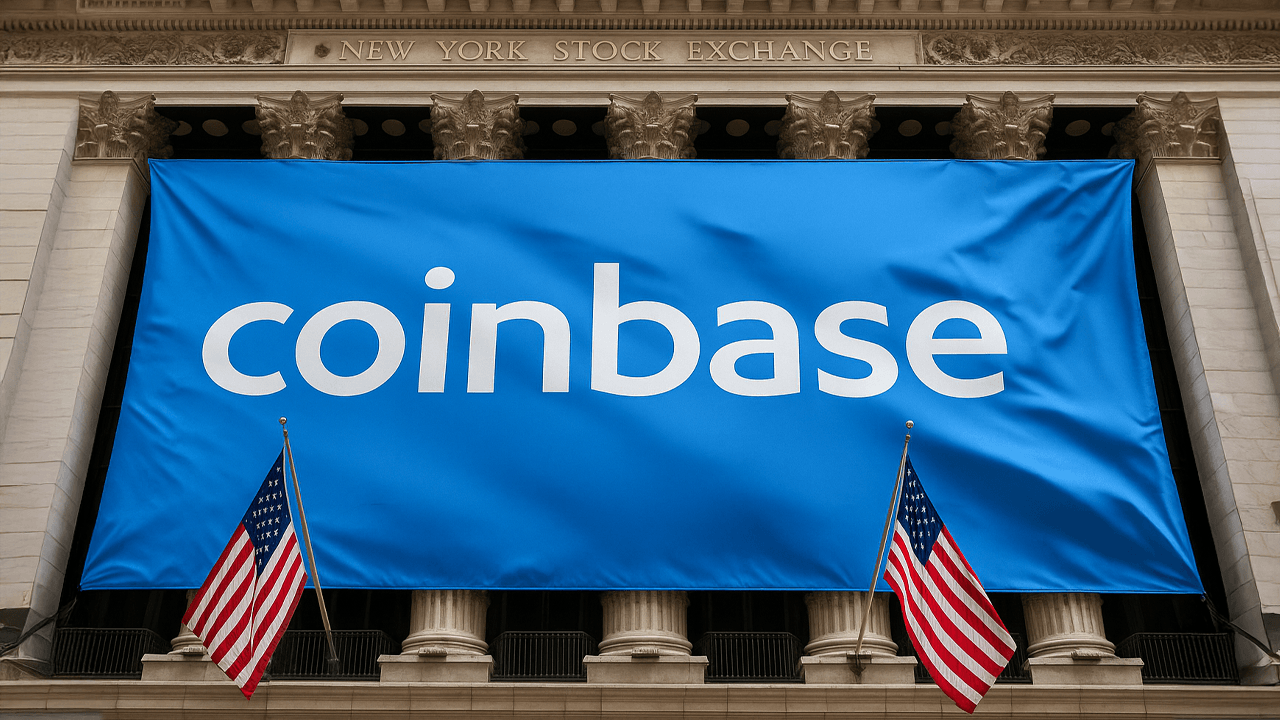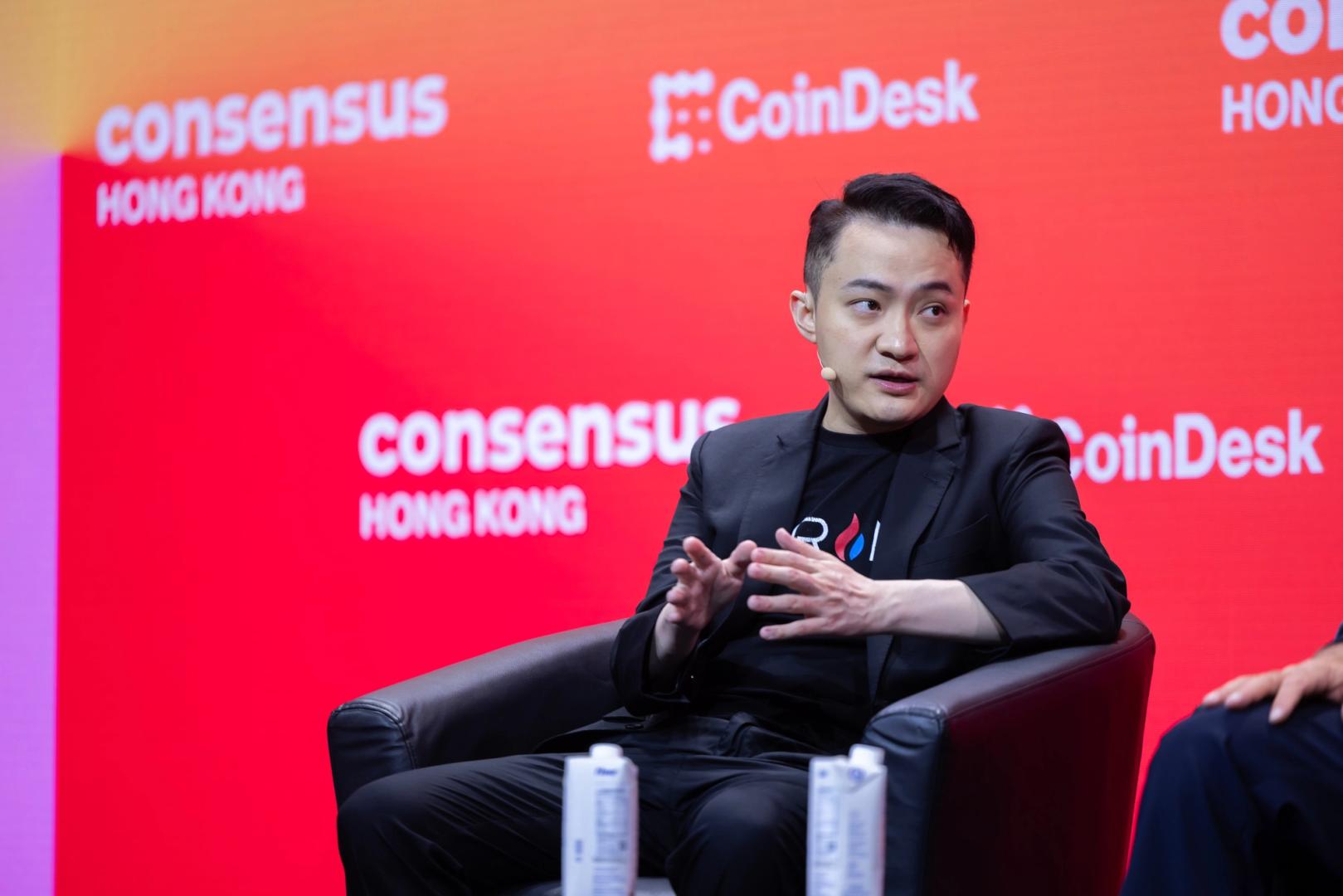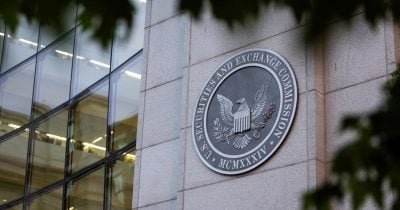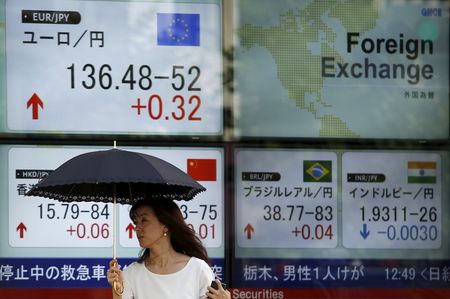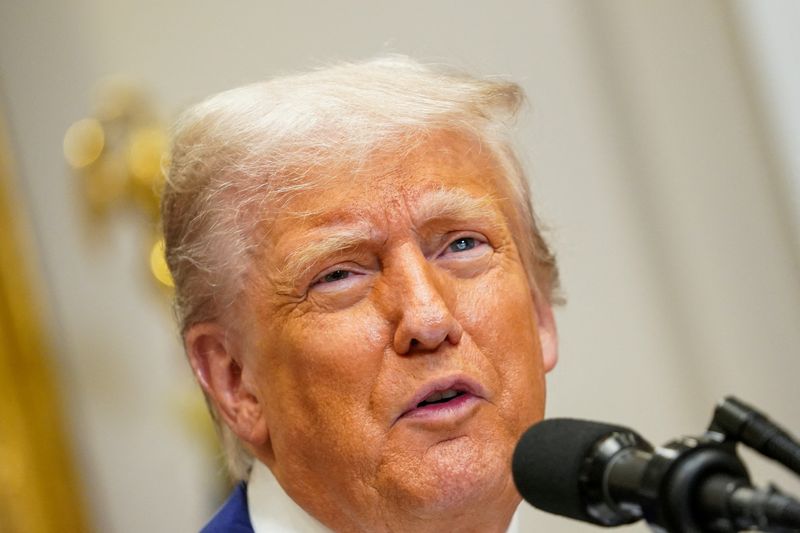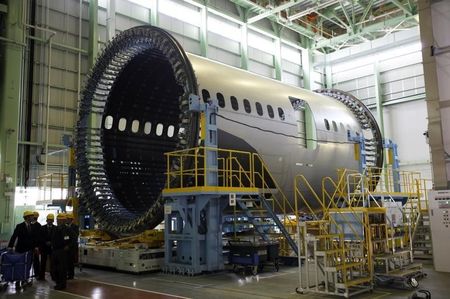The U.S. is targeting Huawei’s AI chips, and China says that could undermine an uneasy truce in the trade war
Washington warned that using Huawei's chips could violate export controls. Beijing thinks that undermines "consensus" from the Geneva trade talks.

Huawei’s Ascend processors are increasingly viewed by companies like Nvidia as a true competitor—and the U.S. is keen to suppress their use.
Last week, the U.S. warned that using Huawei’s Ascend chips could be a violation of export controls, alleging that the design and production of those chips relied on U.S. processes and equipment. Washington later modified its statement to say it was merely alerting industry to the risks of using Chinese advanced computing processors, including Huawei’s Ascend chips. It also removed a reference that using Huawei chips “anywhere in the world” might trigger sanctions, according to Bloomberg.
Moves against Huawei’s AI processor could threaten the uneasy truce in the trade war between the U.S. and China.
On Monday, Beijing accused Washington of undermining “the consensus reached at the high-level talks between China and the U.S. in Geneva.” After that meeting, held earlier this month, the U.S. reduced its tariffs on China from 145% down to 30%, while China scaled back its tariffs on U.S. goods to 10%.
Then, on Wednesday, China’s ministry of commerce threatened to impose legal consequences on “any organization or individual that implements or assists in the implementation of U.S. measures.”
Huawei, which has been sanctioned by the U.S. since 2019, is now a key part of China’s push for tech self-sufficiency, including in semiconductors and AI processors. Washington’s moves could be setting up a binary choice for those looking to buy AI processors: Nvidia, or Huawei?
Malaysia and Huawei
The controversy over Huawei is already extending past China’s borders.
Malaysia is downplaying its involvement with the Chinese tech company, days after a minister said the country will deploy Ascend chips for the first time outside of China.
On Monday, Malaysia launched its Strategic Artificial Infrastructure program and said it would be the first in the region to activate a full-stack sovereign AI ecosystem. A speech from the deputy minister of communications Teo Nie Cheng stated the program would localize large language models like DeepSeek and will be powered by Huawei’s Ascend chips.
David Sacks, U.S. President Donald Trump’s AI and crypto czar, shared reports of the speech the following day, citing it as justification for repealing the Biden administration’s AI diffusion rule, which limited much of the world from accessing U.S. AI chips
Teo’s office later retracted her Huawei remarks, according to Bloomberg. Teo’s office did not immediately respond to a request for comment.
Huawei confirmed to Fortune that it hadn’t sold any Ascend chips in Malaysia and that the government also hadn’t bought any.
U.S. export controls
The U.S., under the Biden administration, first imposed chip export controls on China in 2022. It subsequently tightened those export control measures on several occasions as companies found ways to make less powerful chips that complied with earlier controls.
Chip executives like Nvidia CEO Jensen Huang have strongly criticized the U.S. export control regime, arguing that it will instead encourage China to develop its own cutting-edge chips and chipmaking equipment.
On Wednesday, Huang called U.S. export controls a “failure” that’s cost U.S. companies billions of dollars in lost sales. (Nvidia previously disclosed a $5.5 billion hit in the current quarter due to expanded export controls targeting the China-focused H20 chip) Still, he praised the Trump administration for wanting to modify regulations due to realizing that non-U.S. companies are now serious providers of AI technology.
Since the export control measures were imposed, China has pumped even more money into its tech industry in a bid to be self-sufficient. Huawei has been at the forefront of this push for self-sufficiency, and has had some notable successes.
The Chinese tech giant’s most recent smartphone models feature domestically-produced advanced processors. The company’s Ascend chips are also reportedly being used by Chinese AI startup DeepSeek for inference.
A report from the Center for Strategic and International Studies, a Washington D.C.-based think-tank, published earlier this year said, thanks to DeepSeek and Huawei, it was now “unrealistic to expect a [U.S.] lead of more than a year or two, even with extremely aggressive export controls.”
This story was originally featured on Fortune.com







